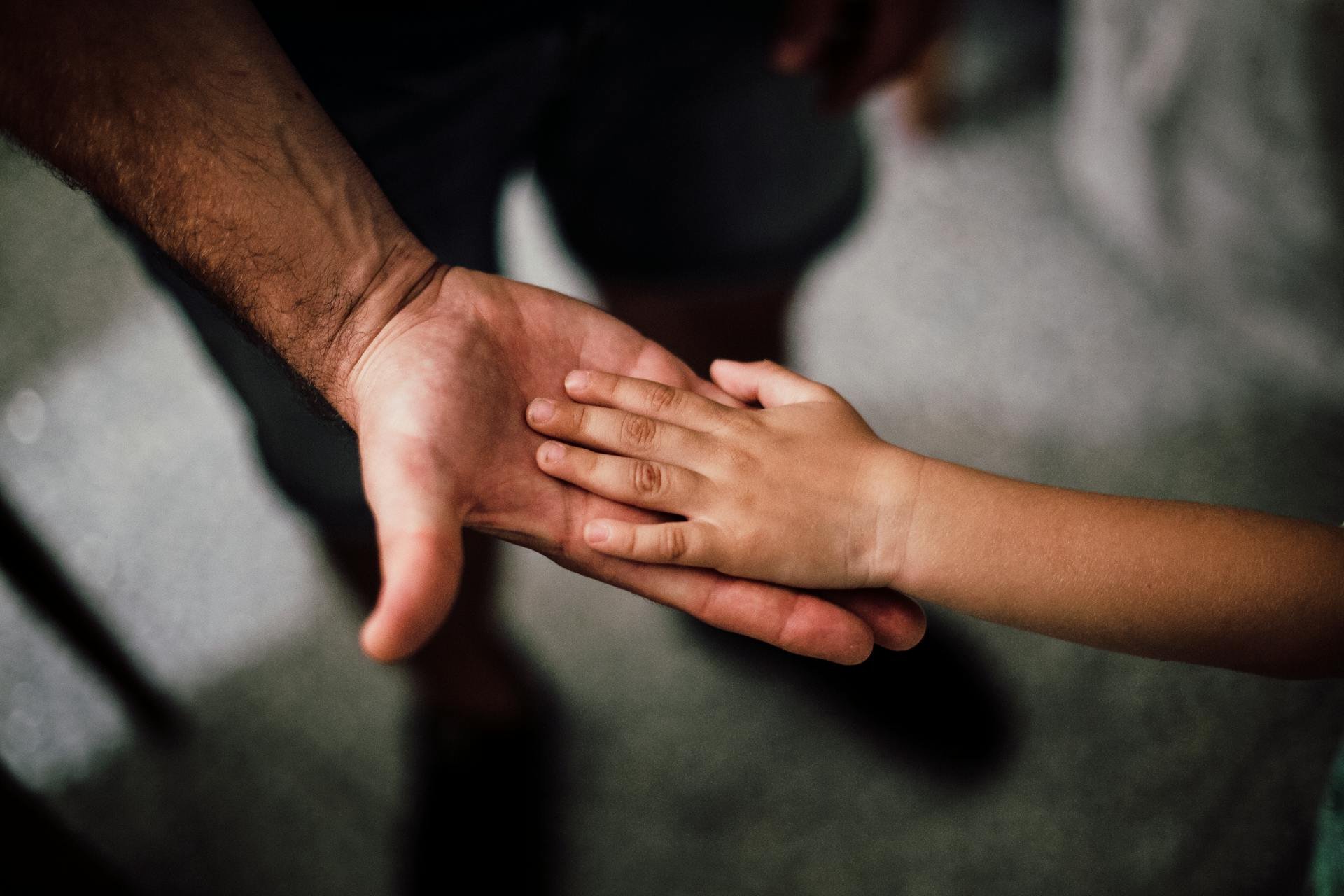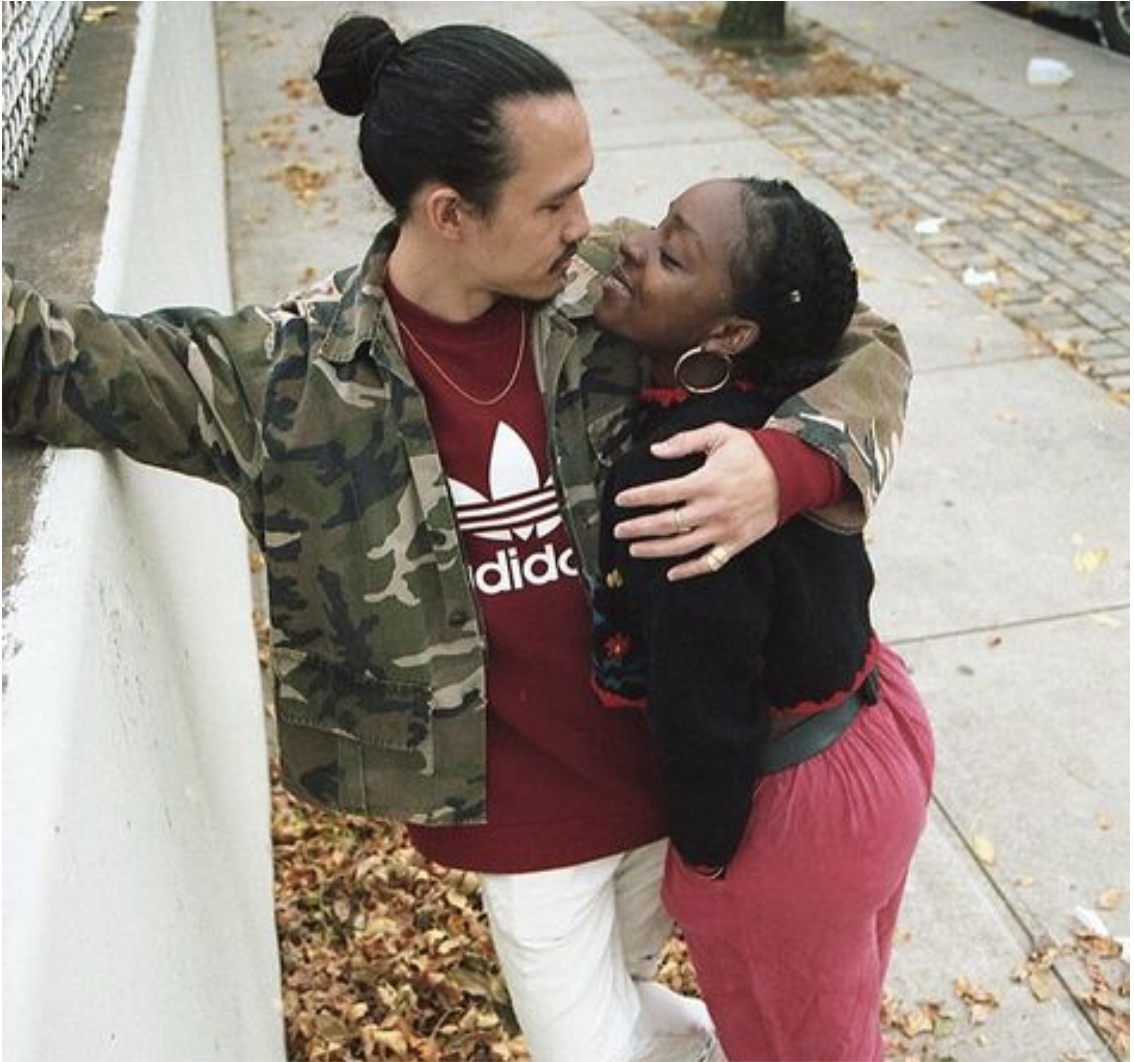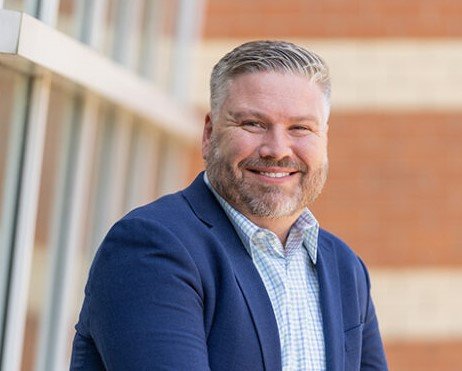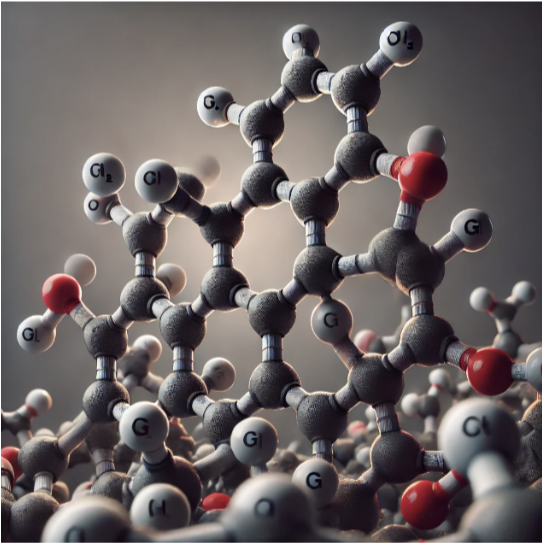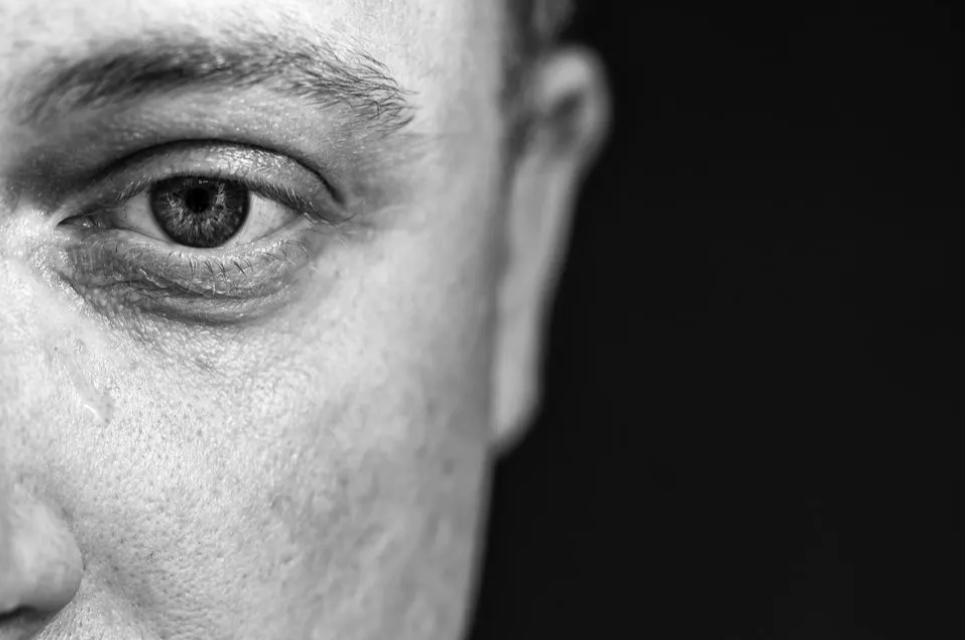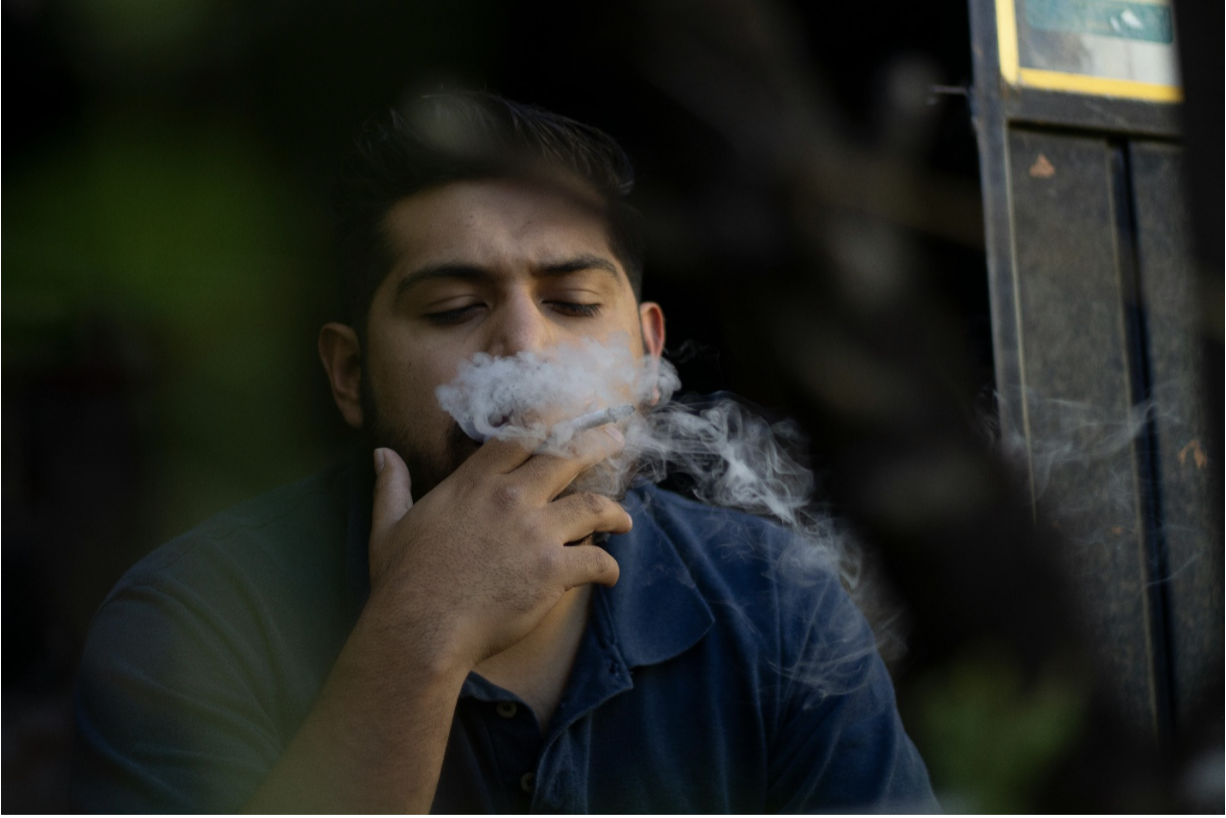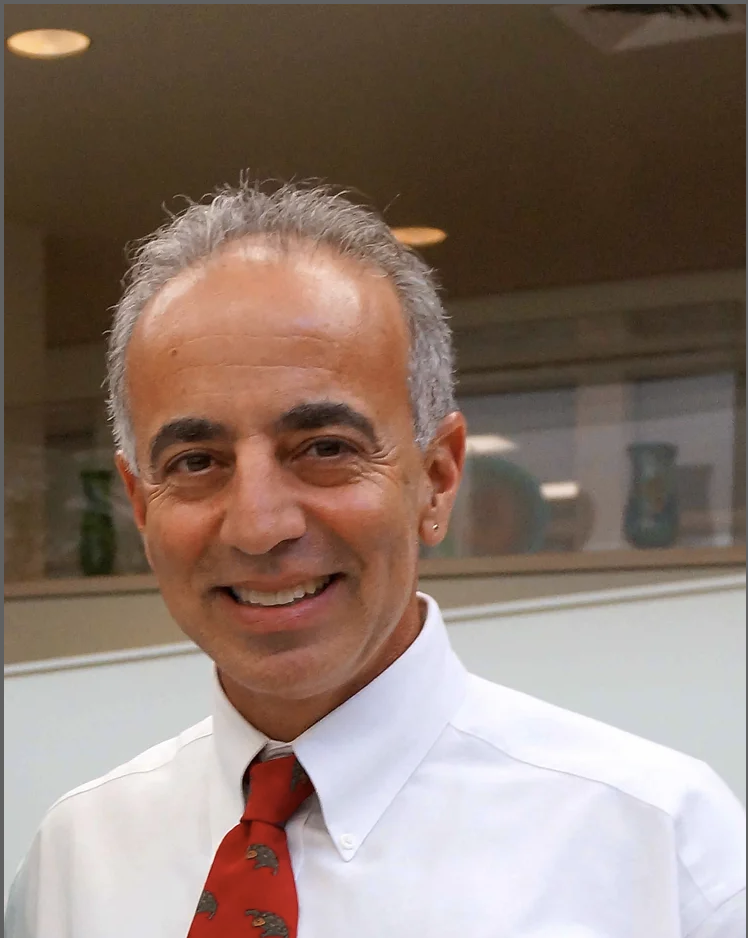



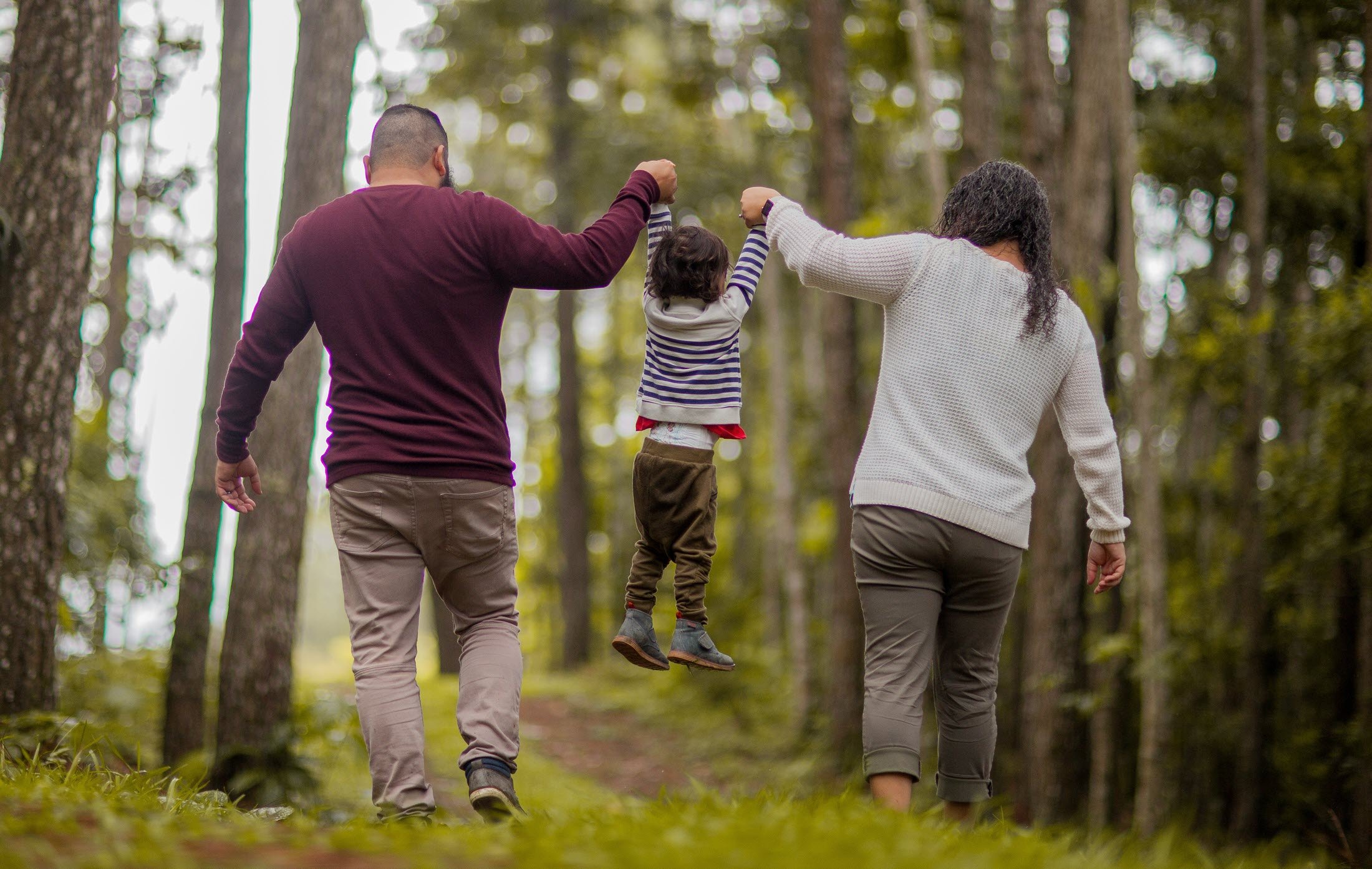





Division 51 seeks to recognize and promote pathways for boys and men to live healthy and positive lives, as well as to identify and redress the effects of restrictive masculinities.
We do this through psychological science, education, advocacy, and clinical practice. In doing so, we aim to promote equality for people of all genders.
Division 51 Journal
A subscription to our journal “Psychology of Men & Masculinities” is included with your membership to Division 51.
Recent Blog Posts
Featured Member
I joined the Division in 2019 when I was finishing my Counseling Ph.D. program. I had just moved to Chicago the year before and took a job at Northwestern University doing violence prevention and health masculinity work in their violence prevention department. APA was in Chicago in 2019 and I attended a program on Compassion and Positive Masculinity featuring Dr. Daniel Ellenberg.
I co-led one the first therapeutic men's groups at the University of Missouri with Sam Cochran when we were graduate students in 1983. With very little written at the time about men's issues, Sam and I began our exploration of the ideas that men and boys needed a different kind of therapeutic approach because of their socialization and how it had impacted how they perceived themselves and their interactions with others.
I joined Division 51 in 2004, as a senior in college. I was a Gender Studies and Psych double major and fascinated by the psychology of men and masculinities. I didn't realize there was an APA division devoted to the study, and there were no faculty at my university with that particular interest.
I joined Division 51 before my senior year in undergrad at PSU (2018). I started on Dr. Sonia Molloy’s research team and would help code transcripts from her fathering research. I would talk with her about my clinical and research interests which intersected with the mission of Division 51.


